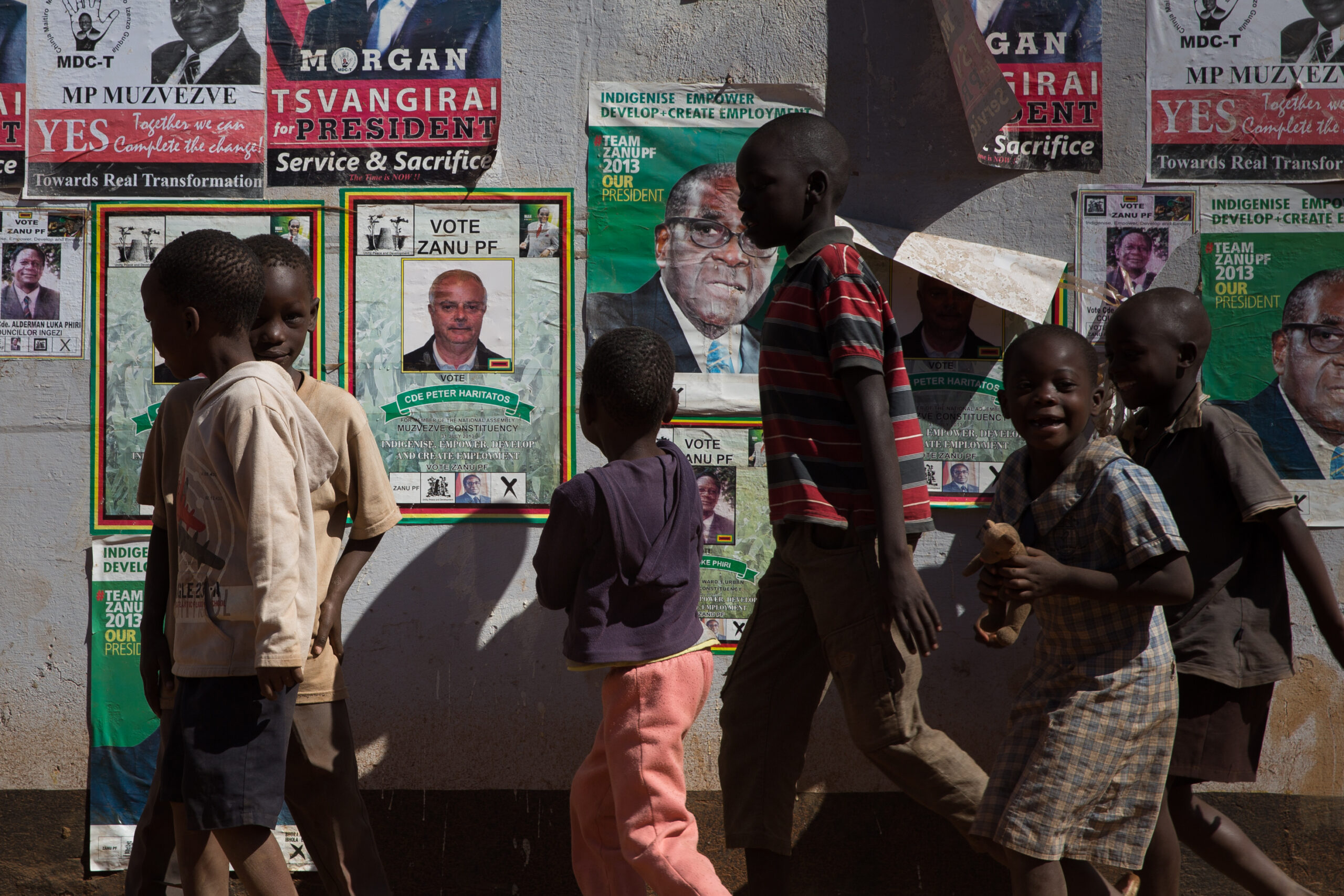Early December, the oldest political party in Africa, the ANC will be holding its 55th elective congress in Johannesburg, South Africa amidst widening fissures among the leadership. This is potent noting that within 15 months post the congress the party will be going into general elections, where many pundits says it is likely to garner less than 50% of the national vote.
The party, ANC, desperately needs to renew its leadership and prove that it is ready to continue leading Africa’s biggest and diversified economy. However, this seems to be slipping away with the party involved in a series of scandals, corruption and maladministration, giving an opportunity to opposition parties to get a shot at leading or force a national coalition government. It is a renew or die moment.
The ANC in the last local government elections, November 2021, it lost all the metros or was forced into coalitions, making the ruling party a largely a rural party. It is poignant that without change of guard at the helm of the party, ANC is most likely to dip below 50% of the national vote forcing it into a coalition of some sort with smaller opposition parties.
President Cyril Ramaphosa hold on the top job is under threat from internal opponents Zweli Mkhize, Nkosazana Dlamini Zuma and Lindiwe Sisulu, all aligned to former president Jacob Zuma’s Radical Economic Transformation faction. Things have not been made easier by Ramaphosa’s failure to immediately report to the police that his Phala phala farm had been broken into.
The party also has to cleanse itself of the State Capture allegations where leaders like Jacob Zuma are accused of giving too much power to individuals like the Gupta brothers. This also lead to the question of cadre deployment that many analysts have cited as the cause of weak government and poor service delivery.
The situation is no better north of the Limpopo where Zanu PF in October held an elective congress. Zanu PF unlike the ANC has only the position of president up for grabs at a congress and the leaders will appoint all the top leaders. President Emmerson Mnangagwa was re-elected unanimously by the provinces and all party wings despite murmurings in the corridors of power that his second in command, General Costantino Chiwenga, had wanted to challenge for the top post.
In a strange out turn, Mnangagwa reappointed the old guard including Chiwenga, Kembo Mohadi, Obert Mpofu and Patrick Chinamasa back to the top positions.
Analysts believe Mnangagwa did that to maintain cohesion in the party ahead of 2023 general elections where the opposition seems to be gaining ground to wipe off Zanu PF two-thirds majority in parliament. It however, remains a fact that the party like its liberation sister party the ANC has failed to renew itself, opening itself to challenges.
Zanu PF, like the ANC, is now also a rural party after it has lost power in all municipalities since 2000. This leaves the parties only in power because of the power of incumbency, but this cannot be guaranteed in the face of Generation Z voters who have no allegiance to the liberation parties histories.
Liberation movements in Zambia, Malawi and most recently Lesotho have lost power to new opposition parties that promised economic development, good governance and social service delivery. The glory of the liberation is waning and this should put both ANC and Zanu PF on notice.
The world is changing, but the liberation movements are still stuck in the manner they conducted themselves 50 years or more ago. They are failing to renew themselves and it is having a negative consequence for the countries in lack of development, economic growth, high levels of corruption and poor social services.
The moment is nigh that they have to renew themselves, rid themselves of the old corrupt leaders and transform themselves into modern political formations and start delivering. The other option, remaining rigid in their traditions and be shunted out of power is too ghastly to contemplate.
However, the choice theirs to bite the bullet and change and adapt or die. Otherwise, analysts have already started writing their epithet on their political tombs in the coming elections.



